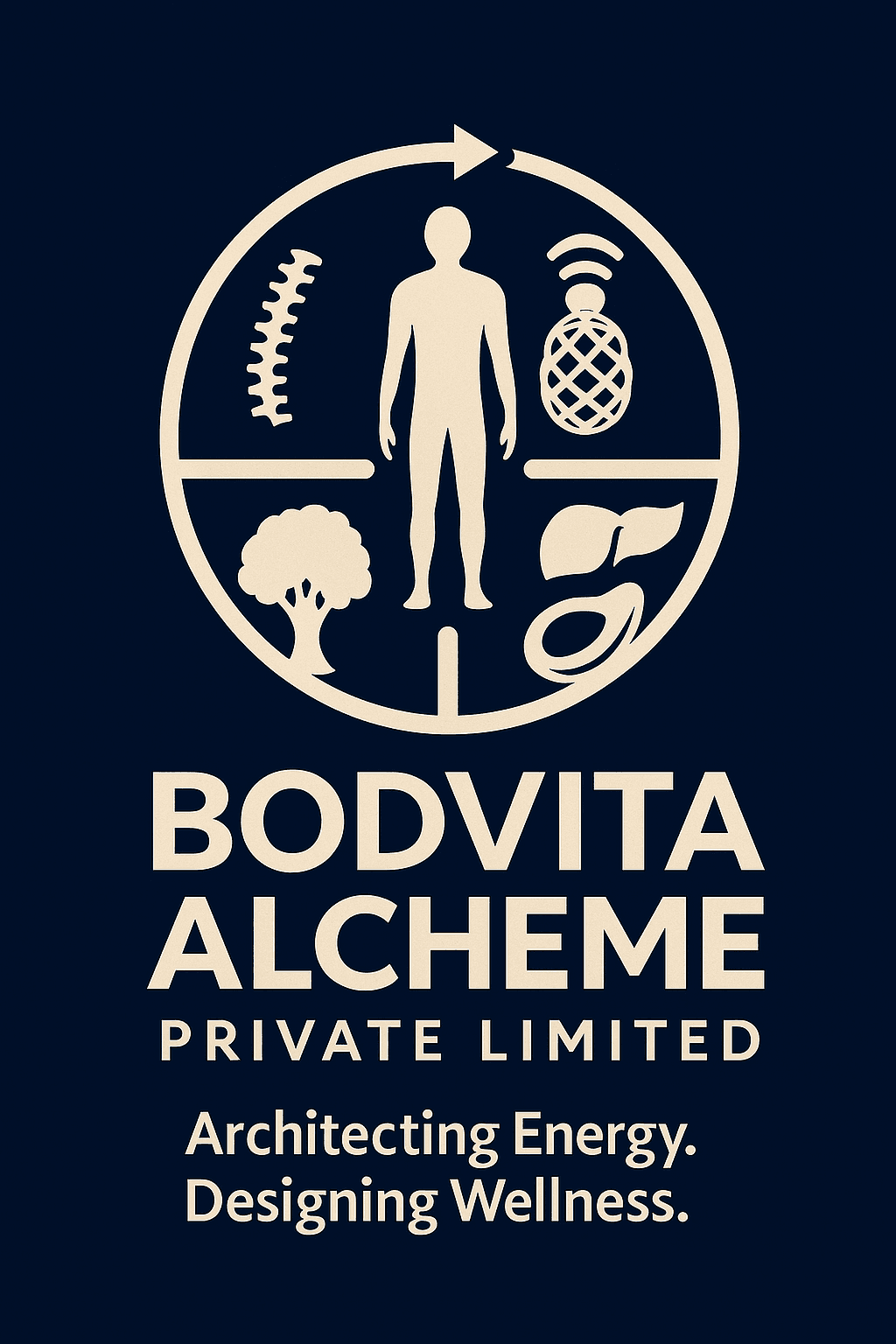Comparing Stress Reduction Techniques: Finding What Works for You
Understanding Stress and Its Impact
Stress is a common experience that affects individuals in various ways. It can emerge from work pressures, personal challenges, or even health issues. Understanding how stress impacts us is the first step towards managing it effectively. When stress becomes overwhelming, it can lead to physical symptoms like headaches, fatigue, and sleep disturbances, as well as emotional issues such as anxiety and depression.
Finding effective stress reduction techniques can significantly improve your quality of life. The key is to explore different methods and discover what resonates with you personally. Let's delve into some popular techniques that have proven beneficial for many people.

Mindfulness and Meditation
Mindfulness and meditation are powerful tools for reducing stress. They encourage individuals to focus on the present moment, helping to quiet the mind and reduce anxiety. Regular practice can lead to a greater sense of peace and well-being. Meditation can vary from guided sessions to silent contemplation, offering flexibility in how you engage with it.
Incorporating mindfulness into your daily routine doesn't have to be time-consuming. Even a few minutes of focused breathing or a short guided meditation can make a difference. Consider using apps or online resources to help guide your practice and track your progress.
Benefits of Mindfulness
- Improved focus and concentration
- Enhanced emotional regulation
- Reduction in symptoms of stress and anxiety

Exercise: A Natural Stress Reliever
Exercise is another effective method for combating stress. Physical activity releases endorphins, often referred to as "feel-good" hormones, which naturally elevate mood and promote relaxation. Whether it's a brisk walk, a yoga session, or a high-intensity workout, exercise can help reduce tension and improve overall mental health.
It's crucial to find an exercise routine that fits your lifestyle and interests. This might mean joining a gym, participating in group fitness classes, or simply taking daily walks in nature. Consistency is key, so choose activities that you enjoy and can maintain over time.
Types of Exercise for Stress Relief
- Aerobic exercises like running or cycling
- Strength training
- Yoga and Pilates for flexibility and relaxation

Engaging in Creative Activities
Creative activities such as painting, writing, or playing music provide an excellent outlet for stress relief. Engaging in creative pursuits can help shift focus away from stressors and allow for self-expression and exploration of emotions. These activities can be both therapeutic and enjoyable.
Consider setting aside time each week to engage in a creative hobby. This not only helps reduce stress but also fosters a sense of accomplishment and satisfaction as you develop your skills and create something tangible.
The Role of Creativity in Stress Reduction
Creativity encourages problem-solving and innovation, which can translate into better coping mechanisms during stressful times. It also provides an opportunity to disconnect from digital distractions and focus on personal growth and well-being.

Finding What Works for You
The journey to stress reduction is highly personal, and what works for one person may not work for another. It's important to experiment with different techniques to discover what suits your lifestyle and needs. Pay attention to how each method impacts your mood, energy levels, and overall well-being.
If you're struggling to find an effective technique on your own, consider seeking guidance from a mental health professional. They can offer tailored advice and support as you explore different stress management strategies.
Ultimately, the goal is to equip yourself with a toolkit of strategies that you can draw upon when faced with stress. By prioritizing your mental health and well-being, you can navigate life's challenges with greater resilience and positivity.
